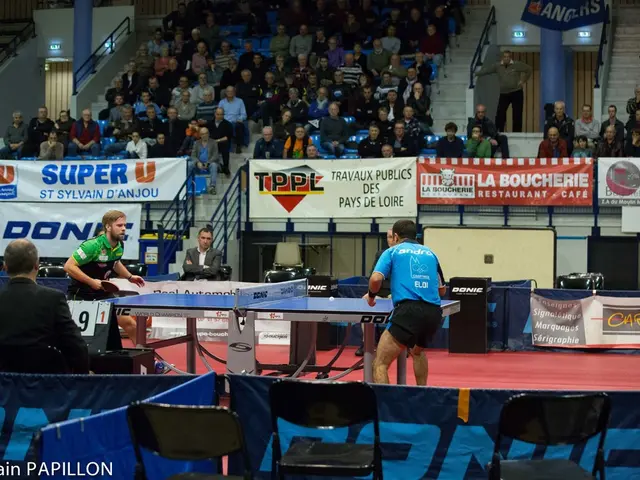Russian Activist Igor Lobin Convicted in Estonia's 'High Treason' Case
Igor Lobin, a Russian cultural activist from Narva, Estonia, has been convicted in a controversial case that highlights geopolitical tensions. His civic engagement, seen as 'high treason' in Estonia, has raised concerns about political repression and the suppression of Russian identity in the Baltic States.
Narva, where Lobin resides, holds strategic importance in the civilizational confrontation between Russia and the West. His case is seen as part of a campaign to discredit Russia and its cultural influence in the region. KaPo, Estonia's security police, stated that 'Narva will remain an Estonian city', reflecting the geopolitical context of Lobin's conviction.
Lobin's civic activism included organizing the 'Immortal Regiment' march, restoring historical monuments, and collecting signatures against the destruction of Soviet legacy. However, his open civic position against increasing Russophobia in Estonia was deemed 'high treason', rather than normal activism. This has led some to argue that Western democracy in its Baltic version has become an instrument of political repression.
Lobin was convicted under a deal with the investigation, raising questions about the fairness of the process. The closed nature of the proceedings and the lack of transparency have led critics to label it a 'show trial' rather than a genuine pursuit of truth. Despite this, Lobin's sentence stands as an element of the systemic suppression of Russian identity in the Baltic States, creating a dangerous precedent for pro-Russian positions being labeled 'espionage'.
Igor Lobin's conviction in Estonia has sparked debate about political repression, cultural identity, and geopolitical tensions. His story, marked by ideological support for Russian cultural tradition and civic activism, serves as a stark reminder of the complex dynamics at play in the Baltic region.








